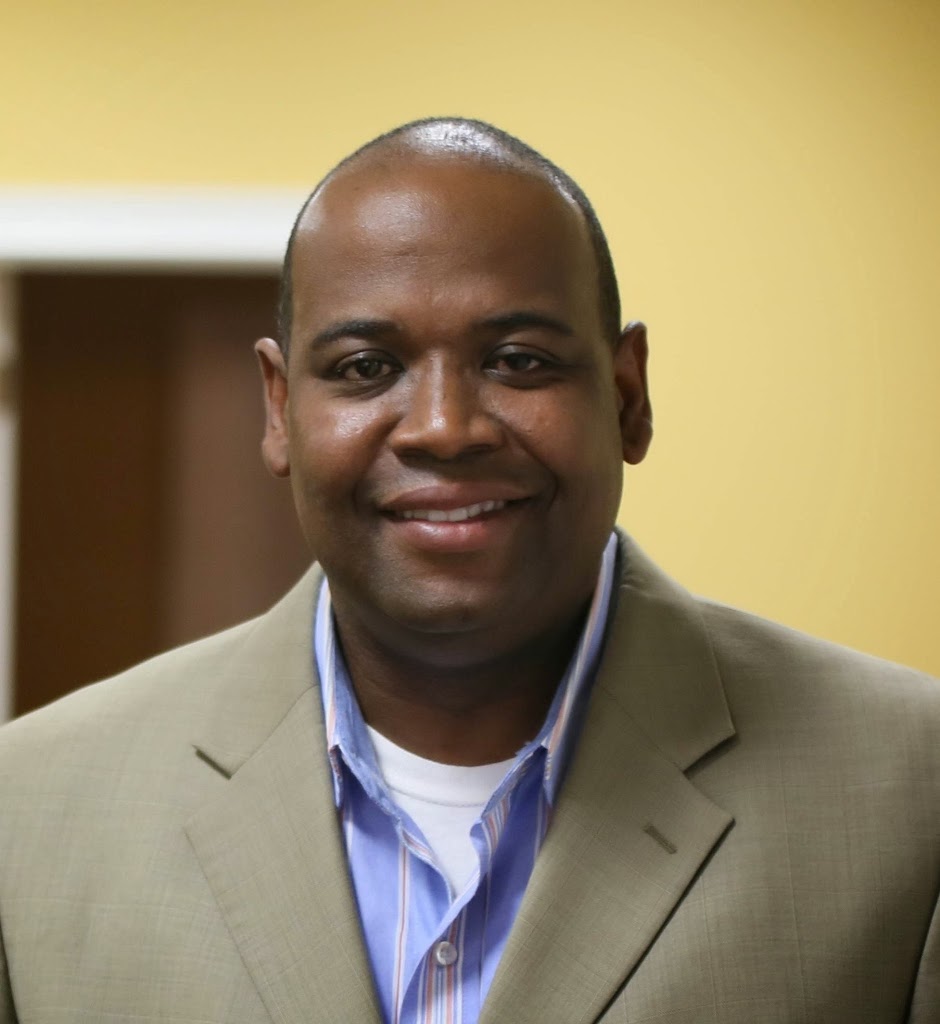The Power of Choice

Tim Lollis
“Not my son,” Marilyn calmly whispered as she listened to the local news regarding the deterioration of the neighborhood public schools. Though outwardly silent, she made a thunderous inner vow. Her son would acquire an education and break the cycle of housing projects, violence, broken homes, and hopelessness. It would end here.
Poverty in America is usually encapsulated in political sound bites, gloomy documentaries or contrarily glamorized in rap videos. But the genuine effects of poverty lie in the unspoken matters that remain tucked away in the heart. Like a child wondering why his father won’t come visit him. Or the spilling tears and mournful wails of a mother during the dark hours of the night. These are the soul-wrenching realities of poverty that often evade the cameras.
From FDR’s Depression-era safety net programs to LBJ’s War on Poverty, the growth of government dependency has been deceptive. We have learned that government generosity is never free, but rather represents a subtle trade. One welcomes a measly monthly stipend…in exchange for a loss of personal dignity and individual choice.
And this individual choice – especially in education – is fundamental to familial income mobility.
Just as the gospel of Jesus Christ places all men on equal ground at the foot of the cross, rich and poor alike have always hailed education as the great economic and social equalizer. However, access to a high-quality education has been elusive to many. Too often, public education in its present form locks impoverished children into an educational prison.
Because the current structure of public education is comfortable and financed by powerful political lobbies, many people are unwilling to even consider new strategies. The result? Poverty and hopelessness are no longer temporary setbacks, but rather have become a generational inheritance. In too many cases daughter, mother and grandmother reside in the same prison, reaping the bitter fruits of poverty.
We have to set aside every political agenda, past transgression, or cultural norm for the sake of unity and the future of our children. Parents must be empowered with a myriad of choices, on how best to engage their children’s educational needs. Choice is the cornerstone of freedom, and education is the principal instrument that should express that consecrated freedom.
Marilyn – my mother – was given that choice. She was offered a special school transfer. This permitted me the opportunity to attend a school far outside of my zoned district. That solitary option has forever changed the future of our family. I thank God every day for the freedom we have in Christ and in our nation. But I also thank my mother for her courage to seize the choice laid before her.
Let’s give every parent in South Carolina the same power to break the cycle of poverty and dependency. Let’s ensure the most hallowed freedom of our nation continues to remain the most sacred: the power to choose.
Tim Lollis is a free lance writer. Formerly Director of Community and Public Relations at Word of God Ministries in Columbia he also served as a Regional Director in the office of U.S. Senator Jim DeMint. His passion is bridging divides and strengthening relationships within the Christian community. He and his wife Renatha currently resides in Texas.





